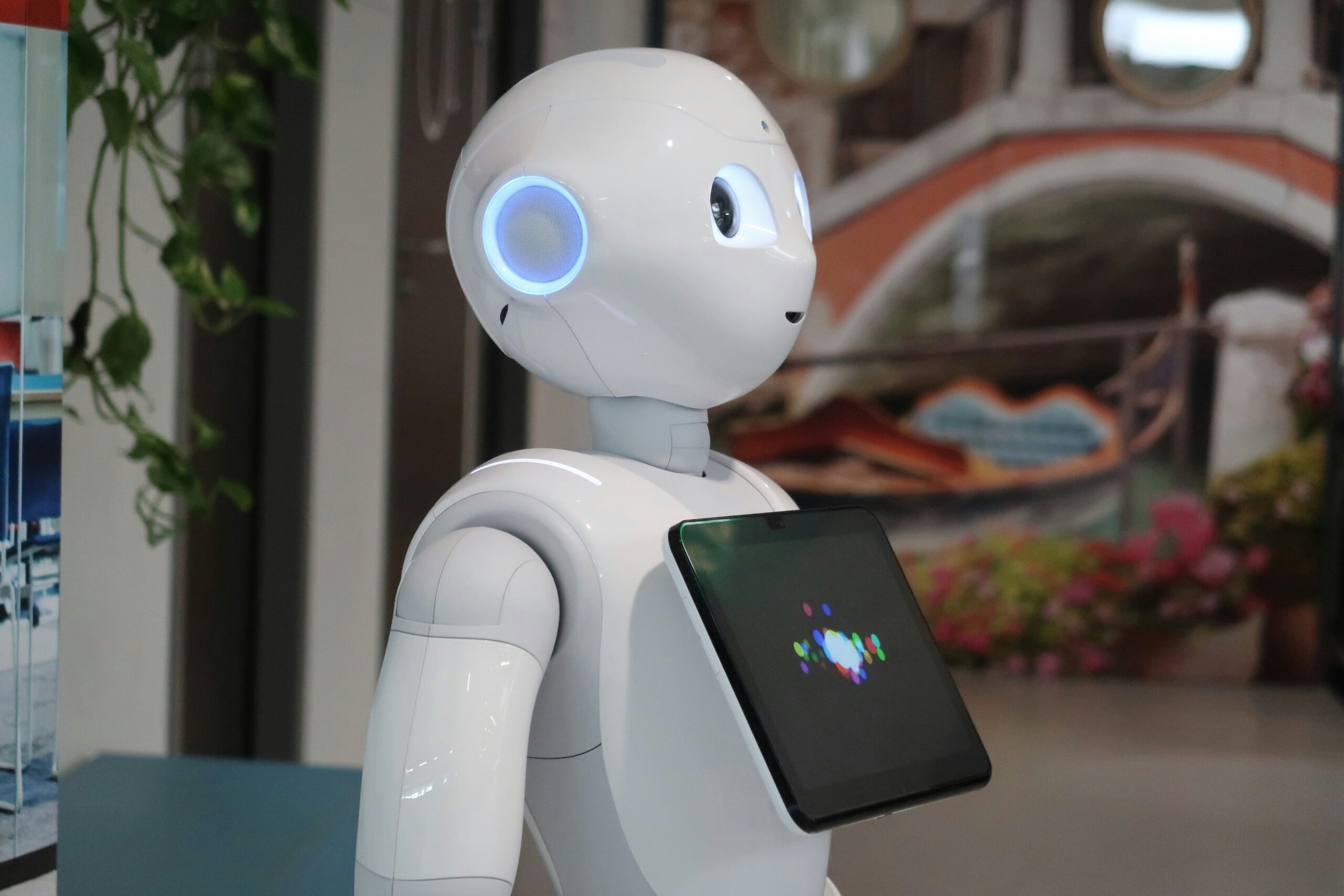Japan is home to many businesses that might seem a little unusual—but truly fascinating—to those from outside the country.
These are not just traditional cultural practices—they are fully functioning, modern businesses that reflect contemporary Japanese society.
Let’s explore 6 unique Japanese business models that may surprise you, while also introducing some everyday phrases you can use to boost your Japanese speaking skills!
① Rent-an-Ojisan
(A “hire a middle-aged man to talk to” service)
What it is: Feeling lonely? Need someone to talk to, but don’t feel comfortable opening up to friends or family? For just a few thousand yen per hour, you can rent the company of a friendly middle-aged man (ojisan)—someone to lend a listening ear or share a meal with you.
Is it safe?
According to the rental services’ websites, they have safety measures in place. These include:
- Identity verification using official personal identification documents.
- A confidentiality agreement, which is signed both at the time of registration and remains in effect after the service ends.
Why it exists: Urban isolation and loneliness are increasing in Japan, despite being digitally connected. “Ojisan rentals” provide a safe, judgement-free space for people to express themselves.
Cultural Insight: Japanese people often avoid burdening others with their problems. Talking to a stranger—especially someone perceived as neutral and older—can be easier.
Useful Phrases:
ちょっと話を聞いてほしいんですけど… I just want you to listen…
誰にも言えない悩みがあって… There’s something I can’t tell anyone…
② Nap Cafés and Sleeping Pods
What it is: Cafés or facilities where you can rent a quiet spot for a nap. They often provide reclining chairs, beds, showers, and Wi-Fi—perfect for a quick recharge between meetings or if you miss the last train.
Why it exists: Overwork and long commutes are major issues in Japan. There’s growing demand for short breaks during the day to avoid burnout.
Cultural Insight: In Japan, napping in public (e.g. on the train) isn’t seen as strange—in fact, it’s often a sign of hard work.
Useful Phrases:
ちょっと一休みしようかな。I might take a little break.
ここ、静かで快適だね。It’s so quiet and comfortable here, isn’t it?
③ Apology Services
What it is: A professional “apology on your behalf” service. If you can’t face someone in person or don’t know how to say sorry properly, a trained staff member will do it for you—from workplace mistakes to romantic regrets.
Why it exists: In Japan, how you apologise matters just as much as the apology itself. The right words, tone, and gestures can make or break trust.
Cultural Insight: Apologising is deeply ingrained in Japanese culture. A well-crafted apology is sometimes seen as a form of art.
Useful Phrases:
本当に申し訳ありませんでした。I am truly sorry.
心からお詫び申し上げます。I offer my sincerest apologies.
④ Remote-Controlled Robot Café
What it is: In this café, robots serve you coffee—but they are controlled in real-time by people with physical disabilities working remotely. Through a robot avatar called OriHime, they take orders and chat with customers.
Why it exists: Many people want to work but can’t physically commute. This service uses tech to include them in society and redefine what “hospitality” can mean.
Cultural Insight: The fusion of technology and omotenashi (Japanese hospitality) makes this a perfect example of modern Japan’s innovation in social inclusion.
Useful Phrases:
あたたかい接客だったね。It was such warm service!
美味しかったです。また来ます!It was delicious. I will come back!
⑤ Solo Yakiniku: Barbecue for One
What it is: Each customer sits at a one-person counter with their own grill, allowing them to enjoy Japanese-style BBQ without worrying about others. In many places, you can order and pay without ever speaking to staff.
Cultural Insight: Eating ramen alone might seem perfectly normal—but BBQ? With the rise of solo-katsu (activities enjoyed alone), dining out at your own pace has become the new norm. Solo yakiniku restaurants cater to those who value comfort and privacy, offering a relaxed experience without the pressure of social interaction.
Useful Phrases:
今日、ひとり焼肉デビューしちゃった。I had my first solo yakiniku experience today.
誰にも気をつかわなくて最高!It’s amazing not having to worry about anyone else!
⑥ Fashion Subscription
What it is: Instead of buying new clothes every season, subscribers receive curated outfits delivered straight to their homes. After wearing them, customers can return the items and get new ones—often with options for personalisation based on style, occasion, or even mood.
Cultural Insight: In Japan, where closet space is limited and trends change quickly, fashion rental services offer a smart, sustainable solution. This system blends minimalism with self-expression, helping people enjoy fashion without clutter or commitment. It’s especially popular among office workers and young professionals who want to stay stylish without the hassle of shopping.
Useful Phrases:
服はレンタルだから、いつもクローゼットがスッキリしてる!My wardrobe always stays tidy because I rent my clothes—so convenient!
毎月いろんなスタイルに挑戦できて楽しい!It’s fun to try different styles every month!
🗣️ Questions To You!
- Which of these businesses do you find the most surprising or interesting?
- Do you think any of these services would work in your country? Why or why not?
- Is there a unique business in your country that reflects your society’s values or challenges?
- What’s your culture’s take on solitude, work–life balance, and social inclusion?
Share your thoughts in the comments—I’d love to hear what you think!
✨ Final Thoughts
Japanese businesses often go the extra mile! These quirky yet highly functional services are not just gimmicks; they reflect deeper societal values, needs, and behaviours.
If any of these caught your attention, why not dive deeper and explore how they evolved? Plus, keep those everyday Japanese phrases in mind—they might come in handy during your next trip to Japan or conversation with a native speaker.




コメント